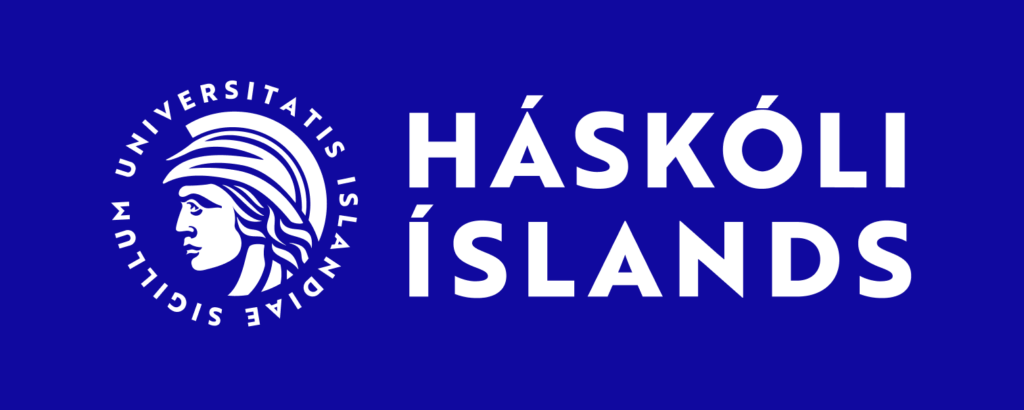Participants
Principal investigators
Dr. Ásgrímur Angantýsson is a professor in modern Icelandic linguistics at the University of Iceland. He specializes in syntactic variation in the Insular Scandinavian languages (Icelandic and Faroese), methods of data elicitation and educational linguistics. His publications include numerous articles in Íslenskt mál, the Icelandic linguistic journal, and he is the co-editor of Tilbrigði í íslenskri setningagerð (2013, 2015, 2017), a three-volume book series on variation in Icelandic syntax. Angantýsson was a member of the research group in The Centre of Excellence project Modelling the linguistic consequences of digital language contact (2017-2020) and a co-applicant in the RANNIS project Icelandic Youth Language: An Empirical Study of Communicative Resources (2018–2021). Angantýsson was also a project manager in the research project Icelandic as a school subject and language of learning of teaching and he co-edited a peer-reviewed book on the results, published by the University of Iceland Press (2018).
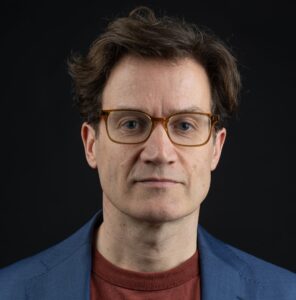
Dr. Finnur Friðriksson is an associate professor in the School of Humanities and Social Sciences at the University of Akureyri. He focuses mainly on variables in the language of adolescents from a sociolinguistic perspective. He has also done work on youth language in social media and on language and gender in Iceland, and has written on sociolinguistic methodology, particularly on interview methods. He was involved in the research project Icelandic as a school subject and a language of learning and teaching and co-authored a number of chapters in a peer-reviewed book on the results. He was a co-applicant in the RANNIS project Icelandic Youth Language: An Empirical Study of Communicative Resources (2018-2021).
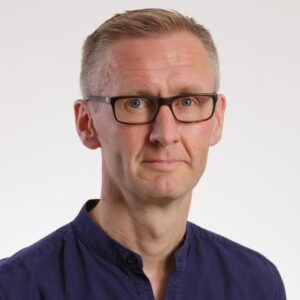
International collaborators
Dr. Nicole Dehé is a professor of Linguistics at the University of Konstanz, Germany. She has done extensive research on the prosody of Icelandic, especially intonation and the syntax-prosody interface, which is documented in a number of single- and co-authored peer-reviewed journal articles and conference proceedings. With Dr Christiane Ulbrich, she is a co-PI of a 3-year research project (2021–2024) funded by the German Research Foundation (DFG) on the phonology of heritage and L2 Icelandic. She has also been Adjunct Professor, Faculty of Icelandic and Comparative Cultural Studies, at the University of Iceland since 2016.
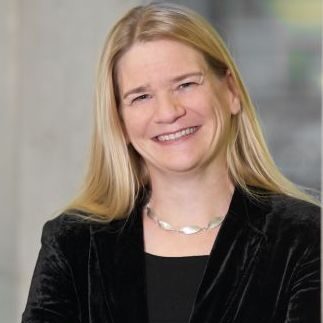
Dr. Gunnar Ólafur Hansson is an associate professor of Linguistics at the University of British Columbia, Canada. Among his areas of special interest and accomplishments are theoretical phonology, the morphology-phonology and phonetics-phonology interfaces, historical phonology and morphology, and statistical modelling. He has done research on a variety of languages, including Insular Scandinavian, Finno-Ugric languages (esp. Northern Sámi), Northern Athabaskan languages (Tsilhqot’in/Chilcotin, Dakelh/Carrier, Kaska) and Yokutsan languages (Yowlumne/Yawelmani). Hansson has been a principal investigator of various linguistic research projects and he has supervised a number of graduate students, including six PhD candidates who have completed their degrees.

Dr. Kristín M. Jóhannsdóttir is an assistant professor in the Department of Education at the University of Akureyri. She specializes in tense, aspect and mood of Icelandic and North American Icelandic, as well as the status of the Icelandic language in North America. She is currently involved in the research net LAMUC, Languages in the multicultural classroom.

Postdoctoral researchers
Dr. Stefanie Bade is an adjunct professor in the Department of Icelandic and Comparative Cultural Studies at the University of Iceland and has worked on investigating Icelanders’ attitudes towards foreign-accented Icelandic. Her research is both directed at eliciting conscious and subconscious attitudes as well as examining the status of foreign-accented speech in the country’s linguistic climate. Also, she has investigated student attitudes towards native and non-native speaker teachers at the University of Iceland and participated in several research projects. She joins the project as a postdoctoral researcher and works on the processing and analysis of the interviews and on the interpretation of the results.
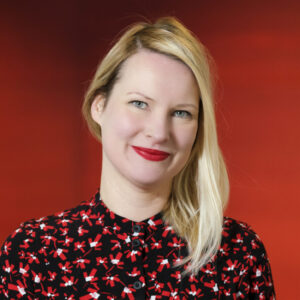
Researchers
Dr. Margrét Guðmundsdóttir is a researcher who has paid special attention to investigations on life-time changes in pronunciation in Icelandic. She has researched data collected by Björn Guðfinnsson in the 1940s focusing on regionally bound variation in pronunciation but has recently concentrated on other variants. Her objective is to find as accurate information as possible on the frequency of different variants regarding both individuals and single regions to enable comparison between results in future research.
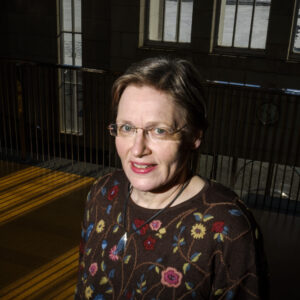
Graduate students and research assistants
Ása Bergný Tómasdóttir earned an MA degree in general linguistics from the University of Iceland in 2024. Based on interview data from RePARC, her MA thesis explores folk linguistic beliefs—laypeople’s awareness, perception and attitudes—about regional phonological variation in Icelandic.
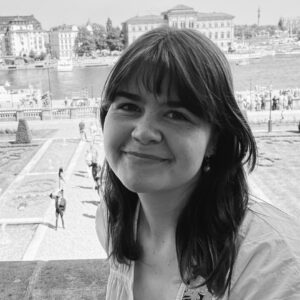
Eva Hrund Sigurjónsdóttir finished her MA degree in general linguistics from the University of Iceland in 2024. In her MA thesis, she examined the distribution of so-called höggmæli or ‘chopped speech’ in a sample comprised of 185 speakers from the database of RePARC, with a comparison to the results of RÍN.
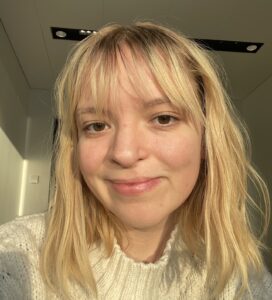
Salome Lilja Sigurðardóttir has an MA degree in general linguistics from the University of Iceland. She has worked on research relating to the language use of teenagers and language change in real time. In the summer of 2023, Salome organized and conducted interviews in RePARC with participants from Björn Guðfinnsson’s research in the 1940s.
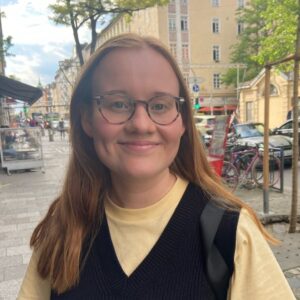
Consultants for the project
Dr. Höskuldur Þráinsson is professor emeritus of modern Icelandic linguistics at the University of Iceland. He completed his PhD in general linguistics at Harvard University in 1979. He is a prominent scholar in the fields of Insular Scandinavian syntax and Icelandic dialects and phonology. His research interests include linguistic variation and change, heritage languages (especially in North America) and agrammatism. His role in the project will be to provide expert advice on the data collection methods and the real-time change dimension.
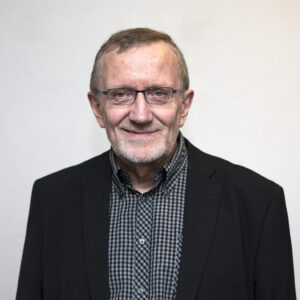
Dr. Kristján Árnason is professor emeritus of Icelandic linguistics at the University of Iceland. He completed his PhD in general linguistics at the University of Edinburgh in 1977. He is a prominent scholar in the fields of synchronic and diachronic Insular Scandinavian phonology. His research interests include intonation, prosody, Icelandic sociolinguistics, language planning and standardization. His role in the project will be to provide expert advice on the data collection methods and the interpretation of the phonological results.

Dr. Eva Sundgren is professor emerita of Swedish with specialisation in sociolinguistics at Mälardalen University, Eskilstuna, Sweden. Her main research interests are language variation and change, language and gender, and language attitudes. She completed her PhD in 2002 on the project Continuity and Change in Present-Day Swedish: Eskilstuna Revisited, an early, large-scale study of language change in real-time, which combined the merits of a panel and a trend study. In this project, she will provide expert advise on real-time studies.

Bragi Guðmundsson is professor of history at the School of Humanities and Social Sciences at the University of Akureyri. In recent years, his research has mainly focused on local studies and their use in teaching and the history of Icelandic schools. He will mainly function as an advisor regarding the interplay between personal, local and collective identity and language attitudes.

